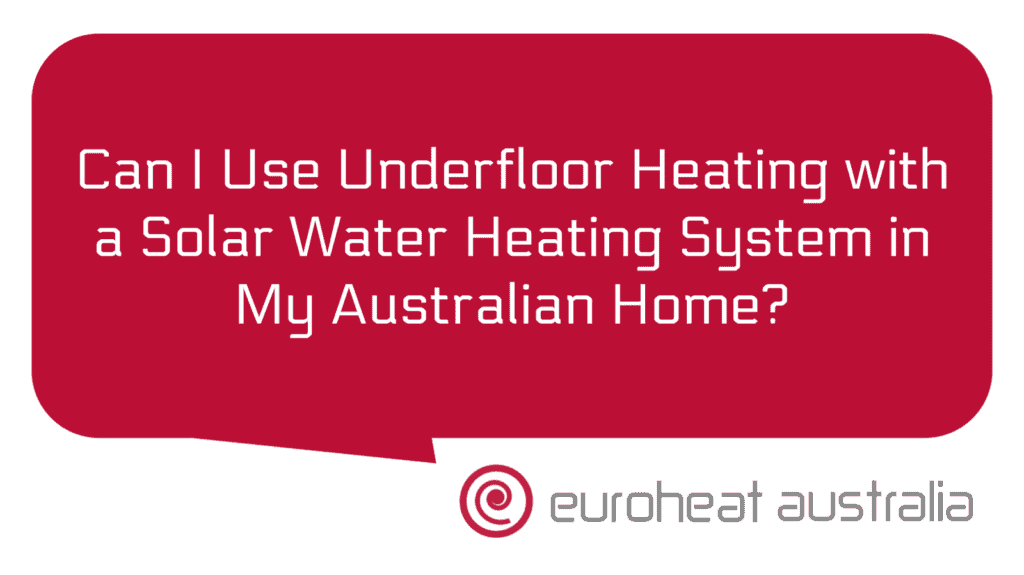Whether you’re enjoying the Australian sun or dealing with cold winter weather, having a heated pool is a great way to relax and have fun. Insulating your pool and piping for winter use with waste heat pool heating is an efficient way to keep your pool at the perfect temperature all year round.
It’s important to properly insulate your pipes and pool when using waste heat for pool heating in order to protect against heat loss and maximise heat transfer. There are several options for insulating both the pipes and the pool itself, depending on the type of system you’re using, so it’s important to understand the differences between them.
Pipe insulation is typically used to protect against heat loss through conduction, and usually consists of foam or rubber material that is wrapped around the pipes. This type of insulation can help reduce energy costs by as much as 25%. Additionally, it can also help maintain a consistent temperature in your piping system, which helps prevent freezing during cold winter conditions.
When it comes to insulating your pool for winter use, there are a few different options available. The most common option is a thermal blanket or cover, which helps prevent heat loss from evaporation and convection. Thermal blankets are often made from durable materials such as vinyl or polyethylene, and they can be easily rolled up during summer months when they aren’t needed. There are also various types of solar covers available that absorb energy from the sun during the day and release it at night, helping maintain a consistent temperature in your pool.
Finally, another option for insulating your pool during winter months is installing a heat recovery system (HRS). This type of system collects waste heat from nearby sources such as air conditioning units or heating systems and uses it to directly heat up your swimming pool water. Heat recovery systems can be extremely efficient – they provide up to 70% savings on energy costs compared to traditional heating systems – so they’re becoming increasingly popular among homeowners who want to save money while keeping their pools warm throughout the winter months.
If you’re looking for an experienced team of engineers & installers that specialise in hydronic heating & cooling systems with 30 years of experience under their belt then Euroheat Australia should be top of your list! Their design & construction services provide tailored solutions that meet individual needs; plus their smart systems allow homeowners access to real time data about their energy usage & cost savings so there’s never any surprises when it comes time to pay those pesky bills!





